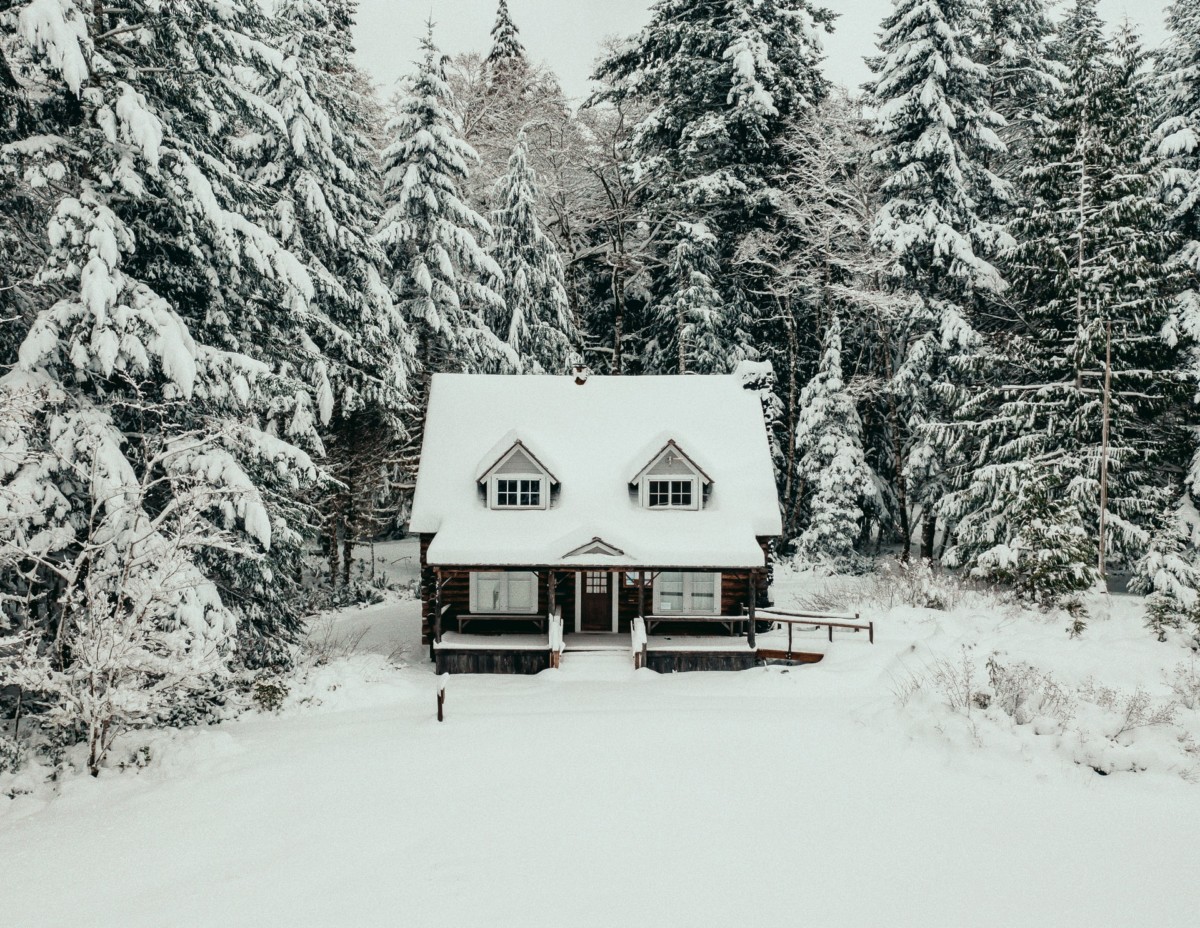Winter heating is essential for your home during the cold winter months to keep you warm and comfortable all season long. When heating your home, you will want to consider the potential risks that could damage your home and learn what you can do to prevent them. So whether you’re prepping your home for the winter in Ontario, CA or you’re preparing for an ice storm in Louisville, KY, check out these winter heating home safety tips.

Get a combustion test done annually
Homes that have gas-fired furnaces should have a combustion test performed once a year by a trained professional. This test will make sure that carbon monoxide is not leaking into the air you breathe inside of your house. This is very important because carbon monoxide is odorless and can kill you in your sleep. Also, installing carbon monoxide detectors can also warn you if carbon monoxide levels are getting too high inside of your home. – Artisan Home Services
Make sure you have a working HRV or ERV system
We recommend two main things when it comes to ventilation:
- Make sure hazardous conditions do not exist (ventilation blockages, moisture issues/leaks which can lead to mold growth, and vent/duct damage or leaks that can cause inefficiency in the system)
- In this day and age, homes are now more efficient and build tighter to preserve climate control. This is good, but bad for indoor air quality. It is important to make sure homeowners have a working HRV or ERV system to ensure fresh air is consistently rotating stale air out and fresh air into the home.
Keep up with regular maintenance protocols
Regular maintenance of heating equipment and carbon monoxide detectors is the key to safety.
One of the most important safety tips to remember is to have your heating oil furnace or boiler professionally serviced every year. An annual tune-up and inspection for your heating system will help technicians detect early signs of trouble that can lead to safety risks and other issues down the road. Experts estimate that up to 75 percent of no-heat calls in the winter are related to a lack of maintenance. Improperly maintained, your furnace or boiler can suddenly stop working, leaving your family needing emergency service on the coldest day of the year.
Although heating oil poses a very low risk of carbon monoxide leaks, they are possible in an improperly maintained or malfunctioning heating system. Make sure to test all safety devices, including smoke detectors and carbon monoxide detectors. An estimated 500 people die each year, and 15,000 people are taken to emergency rooms, due to carbon monoxide exposure. Carbon monoxide alarms protect your family from breathing in harmful fumes. Also, not maintaining your furnace causes it to run less efficiently, makes it work even harder, and therefore increases your monthly energy bills. – Levco
Be mindful of your oven
Heat food, not your home, with your oven. Your oven is designed for cooking, not winter heating. Not only can your oven catch fire if not used properly or for an extended period, but it can also create dangerous and deadly carbon monoxide. – vipHomeLink
Be cautious when using propane
While propane has an outstanding safety record, there are some key propane safety best practices you need to follow when heating your home this season. Make sure you know the distinct smell of propane gas—it smells like rotten eggs—so you can better detect signs of a leak. If you are utilizing a propane-powered space heater, never leave it unattended while it is in operation, and ensure there is a clearance of at least three feet around your heater to help prevent the risk of fires. Finally, it is essential that everyone in your household is able to identify and shut off the propane supply from the tank in case of an emergency. – Pico Propane and Fuels

 United States
United States Canada
Canada